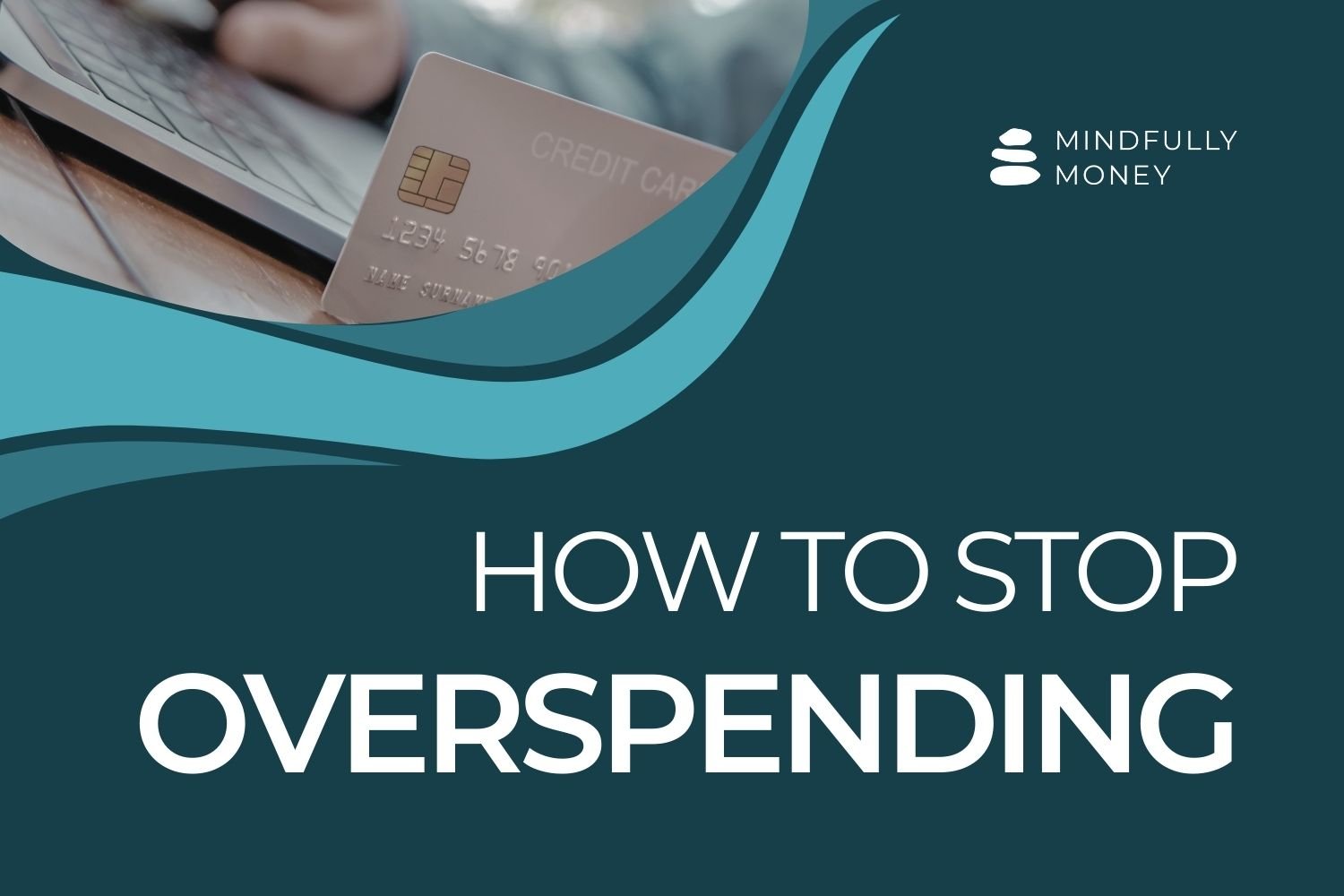Should you carry a balance to build credit?
According to a recent LendingTree survey, 65% of people incorrectly believe that you should carry a balance on your credit card to build credit. In addition, GOBankingRates found that only 44% of people pay their full credit card balance each month. This suggests that the remaining 56% either can't pay in full or mistakenly think that carrying a balance is beneficial for their credit score.
These statistics highlight widespread misconceptions about using credit cards. Here’s what you need to know to avoid costly mistakes when it comes to building credit with your credit card.
What does “carry a balance” mean?
Carrying a balance on your credit card means not paying the full amount due each month. The unpaid portion is "carried over" to the next billing cycle, and interest is charged on that balance.
For example, if your credit card bill is $800 and you only pay the minimum payment of $25, the remaining $775 is carried over to the next month, accruing interest.
What does it mean to build credit?
Building credit involves establishing a positive credit history that demonstrates your reliability in repaying borrowed money. Lenders assess your credit history to determine how likely you are to repay loans or credit.
Your credit score, which is primarily calculated using the FICO system, is a numerical representation of your creditworthiness, ranging up to 850. A higher score can give you access to better loan terms, including lower interest rates.
Learn more: The Complete Guide to Your Credit Score
Do I really need a credit score if I never borrow money?
Dave Ramsey tells all his followers that they should never have credit cards and never take out loans. Unfortunately, this just isn’t realistic for many people. Unless you inherit money or get an extremely high paying job at a young age, it is unlikely that you will ever be able to buy a home without a mortgage. For that, you need a good credit history and credit score.
So yes, some people are able to follow Dave Ramsey’s advice on credit and those people are lucky to be able to do so, but unfortunately, most people are probably going to need to think about building credit. Credit scores affect more than just loans—they can influence insurance premiums, job opportunities, and rental applications.
Even if you plan to avoid debt, maintaining a good credit score is a smart financial strategy for unexpected life events.
Do you need to carry a balance to build credit?
No, you do not need to carry a balance to build credit. In fact, carrying a balance can be detrimental.
Credit card companies and lenders want to see that you can manage credit responsibly. The best way to demonstrate this is by paying your balance in full and on time each month. Consistently doing so shows that you can handle credit without relying on borrowed money, which is a positive signal to lenders.
In contrast, not paying the full amount each month might indicate to lenders that you’re struggling to manage your finances, which can hurt your credit score.
So what should you do to build credit with your credit card?
1. Pay in full every month.
The ideal approach is to set up autopay to automatically pay your full statement balance before the due date. This ensures that you never miss a payment and avoid interest charges. Be sure your bank account has sufficient funds to cover the payment.
If you can’t pay the full amount, you need to at least pay the minimum monthly payment. Continuing to make on-time payments is the single most important aspect of building your credit history.
For more details on how to pay your credit card in full each month, read this.
2. Keep a low credit utilization rate.
The other main thing to know about using your credit card to build credit is that you need to keep your credit utilization rate under 30% most of the time. Your credit utilization rate is the amount of credit you use divided by the total amount available.
For example, let’s say you have a card with a total credit limit of $10,000. 30% of that would be $3000, so you would want to avoid having more than $3000 owed on your card at any one time. If you do have a larger expense that you put on your card, just make an extra payment to bring your credit utilization rate back down below the $3000 level.
Why? Again, if credit card companies and lenders see you always using your entire available credit, they might think that you’re struggling to pay.
These two strategies—paying in full and keeping a low credit utilization rate—are key to building and maintaining a strong credit score.
What if you can’t pay your balance in full?
If you can’t pay your balance in full, you should at least make the minimum payment to avoid late payment fees, a decline in your credit score, and other major consequences.
But ultimately, you will need to pay that amount back and the earlier you do it, the better. Not paying the full amount leads to increased interest and bills that just never seem to go down, or maybe even continue to rise.
Credit card debt is no joke, which is why it’s best to avoid it in the first place by always making sure you can pay for anything you buy. If you are behind, my free Debt Rescue Pack will help you take stock of your situation and help you come up with a plan to get out of debt as quickly as possible.








